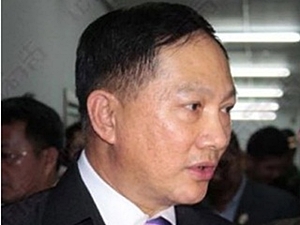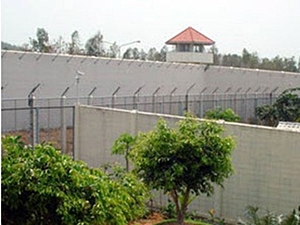BANGKOK, Feb 6 – Thailand’s deputy national police chief will visit Myanmar tomorrow to discuss cross-border narcotics concerns with the neighbouring country’s national police chief, as about 70 per cent of drugs entering Thailand are claimed to come from there.
Pol Gen Adul Sangsingkaew, Secretary-General of the Office of the Narcotics Control Board (ONCB), believes that both nations must exchange more information and work jointly to control narcotics.

He spoke after presiding at the opening ceremony today of the joint conference, one the 7th Thailand Substance Abuse Research and 2nd Second Asia-Pacific Society for Alcohol and Addiction Research.
The two meetings being held today through Thursday (Feb 6-8) in Bangkok are intended to spread knowledge on new types of drugs, narcotics treatments, drug controls, and drug prevention among youth.
Regarding drug convicts in Thailand, Gen Adul said there are drug sales in prison while inmates await the carrying out of their sentences. He said that the punishment processes of these convicts must be more concise and not contravene the prisoners’ legal rights.
Meanwhile, Thailand’s Corrections Department this week is moving 200 drug convicts in prison from major drug rings to the high-security Khaobin Central Prison in Ratchaburi province, southwest of Bangkok. Some initial confusion is expected, according to Corrections Department director-general, Pol Gen Suchart Wonganantchai.

He disclosed that in addition to the 200 named prisoners, there are another 500 inmates involved with drug buying/selling in prison to be relocated to the Khaobin Central Prison.
The Corrections Department has measures to lower the number of drug cases in the country by relocating drug prisoners nationwide to the maximum-security prison in Ratchaburi, while moving out convicts serving time for other offences to prisons elsewhere.
Gen Suchart will go to Khaobin Central Prison Tuesday to see for himself the security measures to lock up inmates convicted of serious drug offences.




